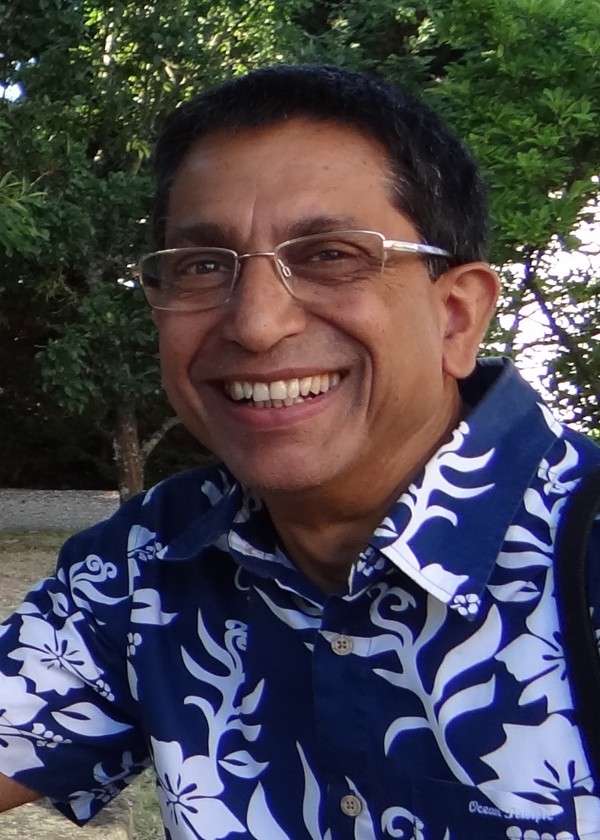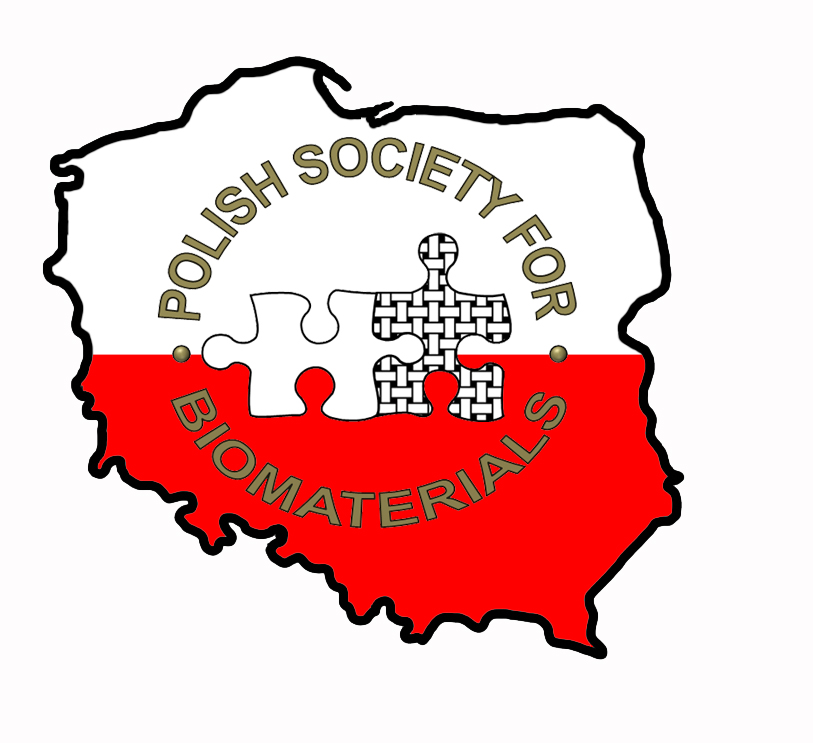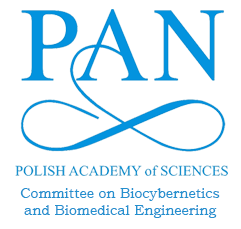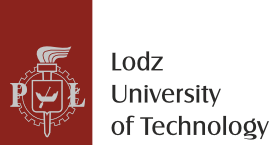Asoke K. Nandi

Asoke K. Nandi (Fellow, IEEE) received the Ph.D. degree in Physics from the University of Cambridge (Trinity College), Cambridge, U.K., in 1979. He has held academic positions in several universities, including Oxford University (U.K.), Imperial College London (U.K.), University of Strathclyde (U.K.), and University of Liverpool (U.K.), as well as Finland Distinguished Professorship with Jyvaskyla University (Finland). In 2013, he moved to Brunel University London (U.K.), to become the Chair and Head of Electronic and Computer Engineering. He is a Distinguished Visiting Professor with Xi’an Jiaotong University, Xi’an, China.
In 1983, Professor Nandi co-discovered the three fundamental particles known as W+, W−, and Z0 (by the UA1 team at CERN), providing the evidence for the unification of the electromagnetic and weak forces, for which the Nobel Committee for Physics in 1984 awarded the prize to his two team leaders for their decisive contributions. Also, he has made many fundamental theoretical and algorithmic contributions to many aspects of signal processing and machine learning. He has much expertise in “Big and Heterogeneous Data”, dealing with modelling, classification, estimation, and prediction. He has authored over 600 technical publications, including 280 journal papers as well as six books, entitled “Image Segmentation: Principles, Techniques, and Applications” (Wiley, 2022), “Condition Monitoring with Vibration Signals: Compressive Sampling and Learning Algorithms for Rotating Machines” (Wiley, 2020), “Automatic Modulation Classification: Principles, Algorithms and Applications” (Wiley, 2015), “Integrative Cluster Analysis in Bioinformatics” (Wiley, 2015), “Blind Estimation Using Higher-Order Statistics” (Springer, 1999), and “Automatic Modulation Recognition of Communications Signals” (Springer, 1996). The H-index of his publications is 80 (Google Scholar) and his ERDOS number is 2. His research interests include signal processing and machine learning, with applications to image segmentations, biomedical data, machine health diagnostics, communications, etc.
Professor Nandi is a Fellow of the Royal Academy of Engineering (U.K.) as well as a Fellow of seven other institutions, including the IEEE. He is the recipient of the Institute of Electrical and Electronics Engineers (USA) Heinrich Hertz Award, in 2012, the Glory of Bengal Award for his outstanding achievements in scientific research, in 2010, the Water Arbitration Prize of the Institution of Mechanical Engineers (U.K.), in 1999, and the Mountbatten Premium, Division Award of the Electronics and Communications Division, of the Institution of Electrical Engineers (U.K.), in 1998. He is an IEEE Engineering in Medicine and Biology Society Distinguished Lecturer, from 2018 to 2019.






